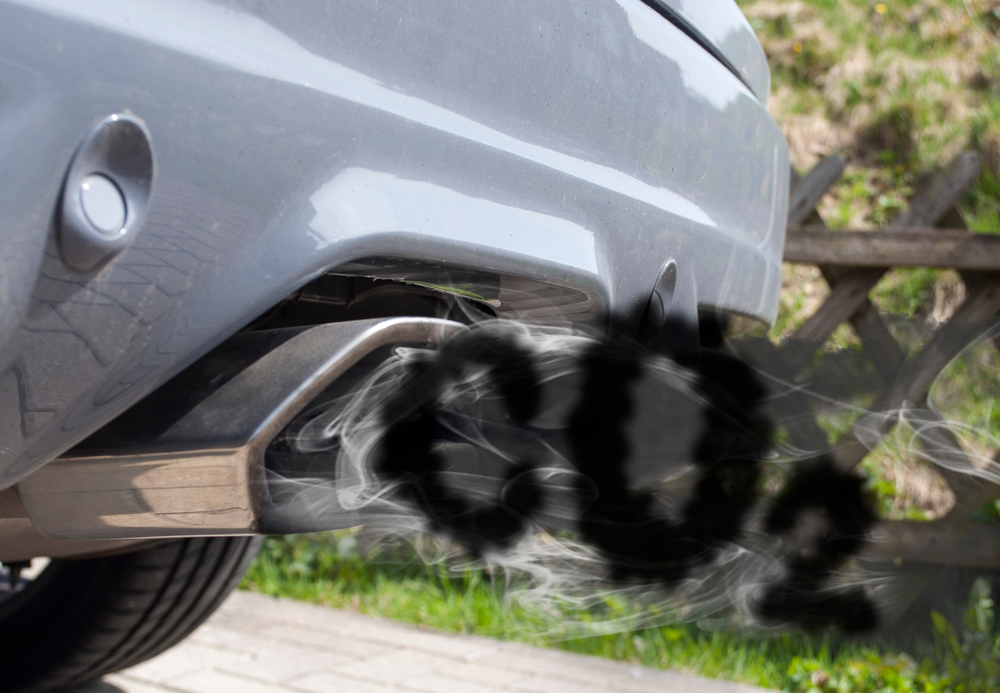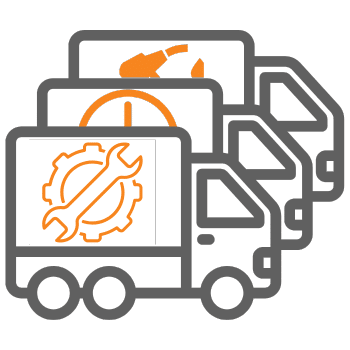CARB Compliance Basics

As environmental regulations continue to evolve, fleets are increasingly faced with the challenge of ensuring compliance with the California Air Resources Board (CARB) standards. These regulations are designed to reduce air pollution and promote cleaner air quality, which is crucial for public health and the environment. Understanding the intricacies of CARB compliance is essential for fleet operators, as non-compliance can lead to significant penalties and operational disruptions.
In this article, we will explore the key aspects of CARB compliance that fleets need to be aware of, including the latest regulations, best practices for implementation, and strategy for maintaining compliance in an ever-changing regulatory landscape.
Fleetistics can simplify achieving and maintaining CARB Compliance. One of our premier partners, Geotab, is the first and only solution to receive an Executive Order allowing the most secure installation of a continuously connected telematics product using an aftermarket T-harness in California, having collaborated closely with CARB to ensure its telematics solutions meet the strict CARB compliance standards.
Download the PDF – Getting your fleet CARB compliant
CARB Compliance Components and Record Keeping
One of the most critical components of CARB compliance is understanding the specific regulations that apply to different types of vehicles within a fleet. For instance, heavy-duty trucks and buses are subject to stricter emissions standards compared to light-duty vehicles. Fleet operators must stay informed about the various compliance deadlines, such as the implementation of the Low NOx Omnibus Regulation, which aims to significantly reduce nitrogen oxide emissions from heavy-duty vehicles.
Additionally, fleets should consider investing in cleaner technologies, such as electric or hybrid vehicles, which not only help in meeting CARB standards but also contribute to long-term cost savings and improved operational efficiency. By proactively addressing these regulations and adapting their fleets accordingly, operators can mitigate risks and position themselves as leaders in environmental stewardship.
Another important aspect of CARB compliance is the need for comprehensive record-keeping and reporting. Fleet operators are required to maintain detailed documentation of their vehicles’ emissions, maintenance activities, and compliance efforts. This data not only serves as proof of compliance during inspections but also helps fleets identify areas for improvement and track their progress over time. Implementing a robust fleet management system can streamline this process, allowing operators to easily monitor vehicle performance, schedule regular maintenance, and ensure that all necessary reports are submitted on time.
By prioritizing accurate record-keeping and leveraging technology, fleets can enhance their CARB compliance efforts and reduce the likelihood of facing penalties or fines.
Ongoing CARB Training and Education to keep up
By fostering a culture of compliance and environmental responsibility within the organization, fleets can not only enhance their adherence to CARB regulations but also empower employees to take an active role in sustainability initiatives. Furthermore, staying connected with industry groups and participating in workshops can provide valuable insights into best practices and emerging technologies, helping fleets stay ahead of regulatory changes and maintain a competitive edge in the market.
Moreover, collaboration with other stakeholders, such as suppliers, manufacturers, and regulatory agencies, can significantly enhance a fleet’s ability to achieve and maintain CARB compliance. By establishing strong partnerships, fleet operators can gain access to the latest information on regulatory updates, innovative technologies, and best practices that can aid in compliance efforts.
For instance, working closely with vehicle manufacturers can provide insights into the most efficient models that meet CARB compliance, while engaging with fuel suppliers can lead to the adoption of cleaner fuel options. Additionally, participating in industry forums and advocacy groups can help fleets stay informed about upcoming changes in legislation and share experiences with peers facing similar challenges. This collaborative approach not only strengthens compliance strategies but also fosters a sense of community among fleet operators committed to reducing their environmental impact.
Ongoing Assessment and Auditing

By analyzing data trends and performance metrics, operators can make informed decisions about necessary upgrades or changes to their fleet composition. Additionally, engaging third-party consultants who specialize in CARB compliance can offer an objective perspective and expert guidance, further enhancing the fleet’s ability to navigate the complexities of environmental regulations. This proactive approach to compliance management not only safeguards against potential penalties but also reinforces the fleet’s commitment to sustainability and environmental responsibility.










